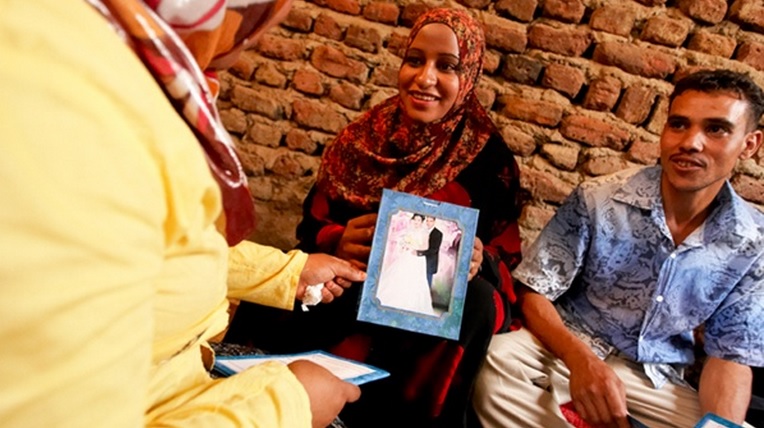In cooperation with USAID, Egypt’s Ministry of Health and Population is to launch a $19 million Family Planning and Reproductive Health program.
A press statement for the US Embassy in Cairo details how the plans are a response to the Egyptian government’s request for a contribution to Egypt’s family planning efforts, amid concerns regarding the country’s rapid population growth.
The statement tells how Egyptian officials, including President Abdel Fatah Al-Sisi, are calling for recognition of the threat that overpopulation poses to Egypt’s national development, and how the new effort forms part of the US government’s commitment to stand with Egypt in its economic and social development.
“USAID will provide technical assistance and training to the Ministry of Health and Population to strengthen its Family Planning and Reproductive Health Program,” the statement reads. “Activities will help increase demand for family planning services and enhance the quality of services, aiming to improve contraceptive use and reduce fertility over time.”
Acknowledging the huge impact that previous USAID family planning programs have had in the country, Sherry F. Carlin, the organization’s Mission Director, announced that, “[they] stand poised again to be a part of the solution to the rapid growth in Egypt’s fertility rate.” Since 1978, $30 billion has been invested in Egypt by the American people via USAID.
The five-year program will be implemented in nine governorates, including some areas in Cairo, Alexandria, and Upper Egypt.
In November 2016, CAPMAS estimated Egypt’s population to be 92 million, compared to 72 million in November 2006. This enormous increase of roughly 20 million people has led Egypt’s population to account for almost 1.2% of the global population (estimated to be 7.3 billion in 2015), and requires more resources to cover the emerging population’s needs and to achieve citizens’ welfare. According to the United Nations Population Fund, this depends largely on the population growth rate and characteristics, together with citizens’ perception and knowledge of population growth and its consequences. Unfortunately, making use of family planning services in Egypt often carries social stigma, and tend to acknowledge only married couples. That is, of course, if people know where to go to begin with.







Comments (0)